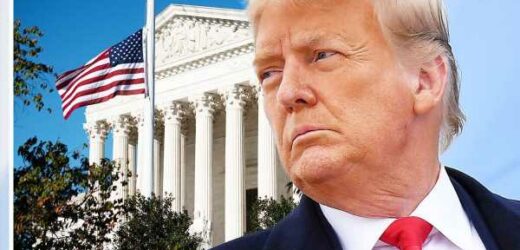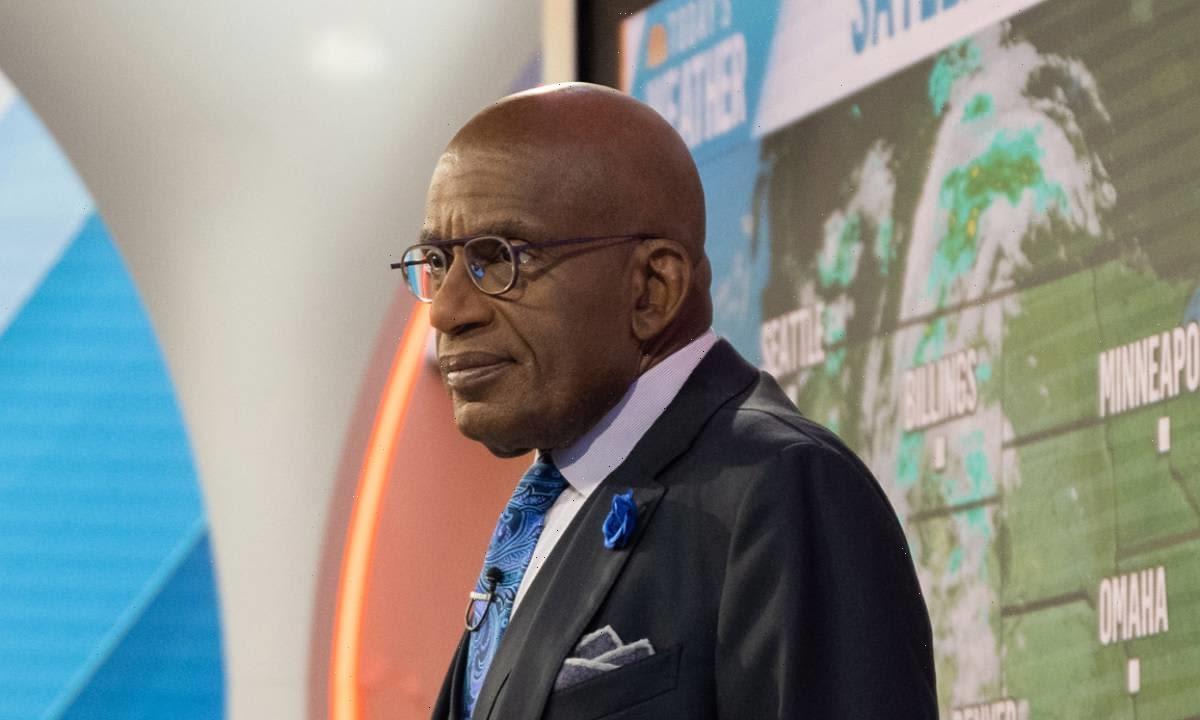Donald Trump: Las Vegas shooting was an act of pure evil
We use your sign-up to provide content in ways you’ve consented to and to improve our understanding of you. This may include adverts from us and 3rd parties based on our understanding. You can unsubscribe at any time. More info
The Supreme Court has dismissed challenges to a ban on bump stocks which were brought in under the previous Trump administration. Bump stocks allow a modification to semi-automatic rifles, making the firearms capable of acting more like machine guns.
The federal ban was brought in by the former US President, Donald Trump, in the wake of the mass shooting in Las Vegas in 2017.
A 64-year-old retired postal worker fired more than 1,000 rounds in around 11 minutes into a 22,000-strong crowd.
The majority of the rifles used had bump stock devices fitted, killing 58 people at the scene and injuring more than 850 other people.
The Bureau of Alcohol, Tobacco, Firearms and Explosives then banned bump stocks in 2019 after former President Donald Trump ordered a review of the devices.
During the Obama administration, the agency had determined bump stocks should not be categorised as “machine guns”.
But during the following administration, they revisited this decision and decided to impose the federal ban.
The decision has been challenged several times, and was a move pushed by the Republican administration which has historically aligned with Democrats’ beliefs.
The Supreme Court declining to hear the two challenges, leaving the ban in place, is considered a setback for gun rights organisations.
It was expected by some that the two cases, W. Clark Aposhian v. Attorney General Merrick and Gun Owners of America v. Garland, may be dismissed by the Supreme Court ahead of the decision.
But the cases did not deal directly with Second Amendment rights, but rather whether the Trump administration overstepped with the federal ban.
A law brought into effect in 1986 defined a machine gun as a firearm that is capable of shooting more than one single shot automatically “by a single function of the trigger”.
Professor Paul Collins of the University of Massachusetts described how the case would have marked a key moment in how the Supreme Court approaches federal gun control.
DON’T MISS:
Zelensky achieves biggest breakthrough in south as defence crumbles [LIVE]
Florida residents homeless after hurricane strikes – at least 80 dead [REPORT]
US East Coast facing double jeopardy of wildfire and hurricanes [INSIGHT]
He told Newsweek: “Although the Biden administration urged the Court not to hear the [bump stock] cases, many conservative justices are hungry to expand the scope of the Second Amendment, especially Justice Thomas.”
Justice Thomas is the longest-serving member of the Supreme Court.
Professor Collins added: “If accepted, this case will mark the first time in almost 90 years that the justices weigh in on significant gun control measures involving regulations of particular attributes of firearms.”
This decision comes as the new judicial session opens on Monday, and the court opted to not hear a number of potential cases.
Back in June, the Supreme Court ruled to expand gun-carrying rights and hamper individual states’ ability to restrict gun possession.
Source: Read Full Article






